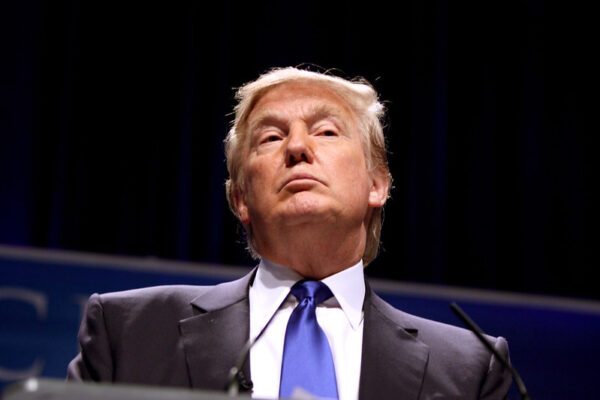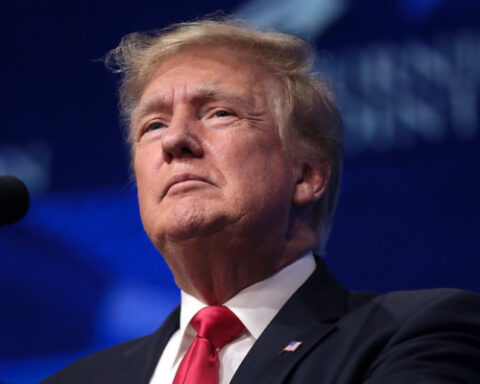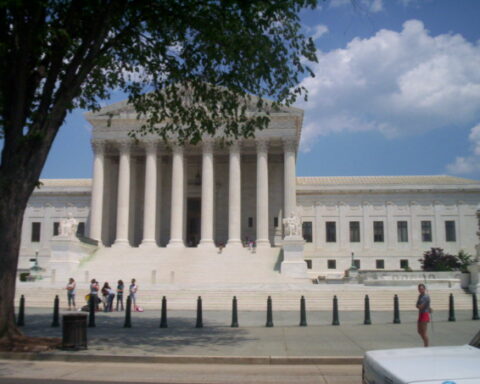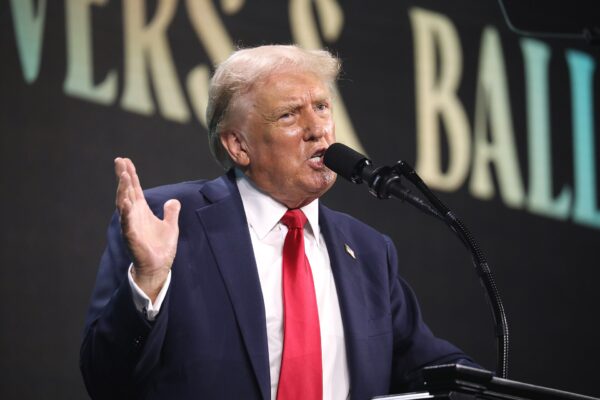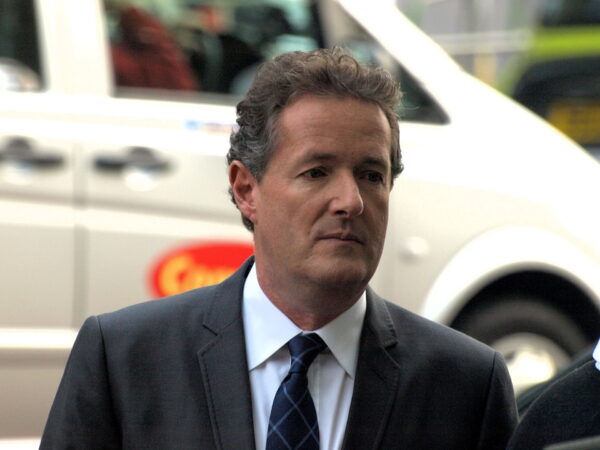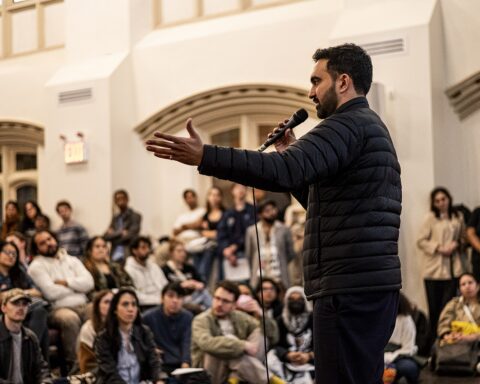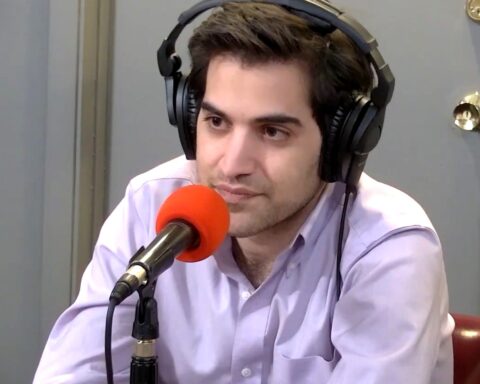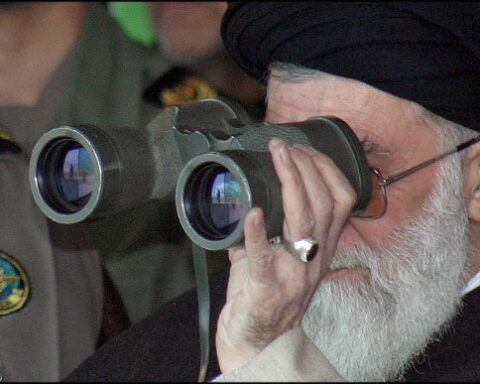President Donald J. Trump reportedly said Monday that India has now offered to reduce its tariffs on American goods to zero — even as Indian Prime Minister Narendra Modi signaled closer alignment with China and Russia during a high-profile summit in Beijing.
Calling the U.S. relationship with India “one sided,” Mr. Trump wrote on his Truth Social platform: “They have now offered to cut their Tariffs to nothing, but it’s getting late. They should have done so years ago.”
The Indian Embassy in Washington declined to respond to the president’s remarks, which come after years of mounting frustration over India’s protectionist policies.
Tariffs on some American products have climbed as high as 50 percent, sparking questions about whether Washington should continue tolerating trade terms that disadvantage U.S. businesses.
Mr. Trump’s comments coincided with Mr. Modi’s visit to China for a summit of the Shanghai Cooperation Organisation, a bloc led by Beijing and Moscow.
The gathering of more than 20 leaders of non-Western nations took place against the backdrop of Mr. Trump’s global tariff campaign, which has upended assumptions about trade relations long taken for granted in Washington.
At the summit, Chinese President Xi Jinping advanced his vision for a new global economic and security framework built around the “Global South,” a model designed to counter American leadership.
Photographs from the event showed Mr. Modi clasping hands with Mr. Xi and Russian President Vladimir V. Putin, laughing as the three men stood shoulder to shoulder.
The images were widely interpreted as a message of solidarity among nations eager to resist Washington’s pressure.
For conservatives, however, they underscored the risks of pursuing softer policies toward India while New Delhi deepens its engagement with two of America’s chief adversaries.
Despite the Trump administration’s efforts to bolster ties with India during his first term, trade friction has remained.
Mr. Trump had warned New Delhi of possible tariffs after India continued purchasing Russian oil in defiance of his push to starve Moscow’s war effort.
His frustration was sharpened by what he sees as India’s long history of exploiting U.S. markets while shielding its own.
“Tariffs to nothing” would be a dramatic reversal for India, but Mr. Trump suggested the offer was overdue. “It’s getting late,” he said pointedly, suggesting that Washington’s patience had run thin after decades of trade imbalances.
Meanwhile, Beijing sought to use the summit to repair frayed relations with New Delhi. Mr. Modi, making his first visit to China in seven years, and Mr. Xi declared that their nations were “development partners, not rivals,” agreeing to explore deeper economic cooperation.
The State Department and the White House did not immediately comment on the Beijing meetings. But Mr. Trump’s post signaled a willingness to continue wielding tariffs as leverage, not only to secure fairer trade terms but also to discourage India’s overtures to China and Russia.
For Mr. Trump, the calculus is straightforward: American workers and industries should no longer bear the cost of one-sided trade, especially while foreign leaders display camaraderie with Washington’s competitors.
[READ MORE: Trump Says He Would Not Object to Arrests of Comey and Brennan Over Russia Probe]

